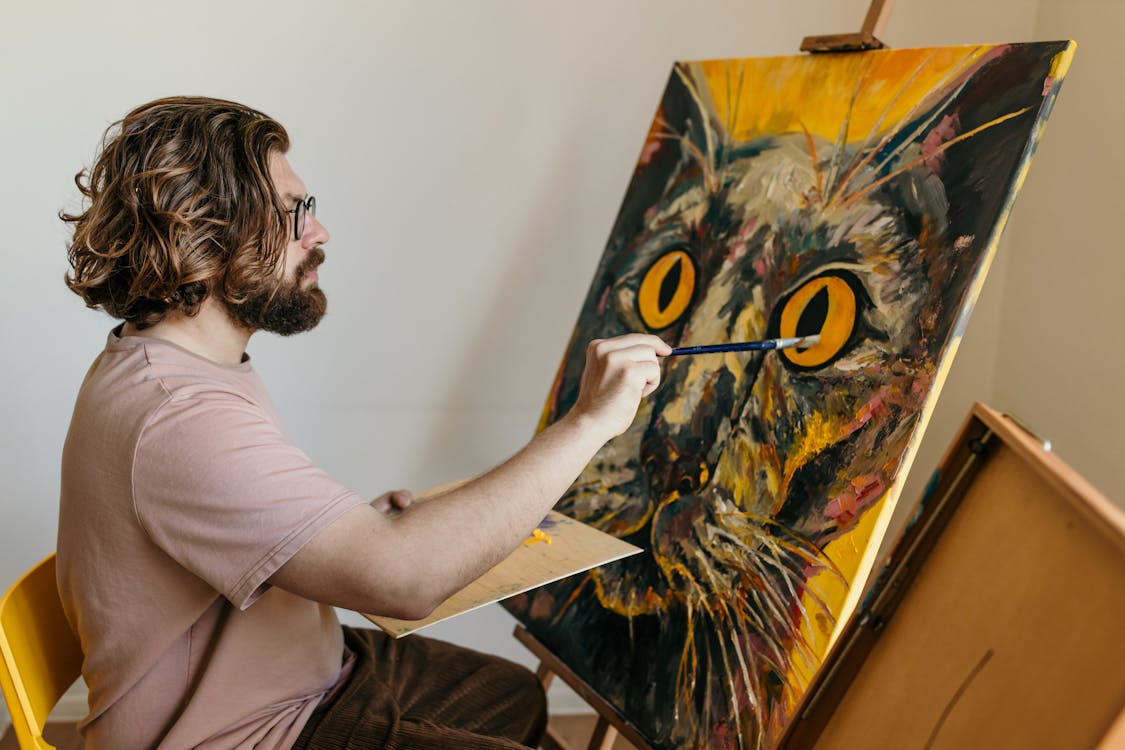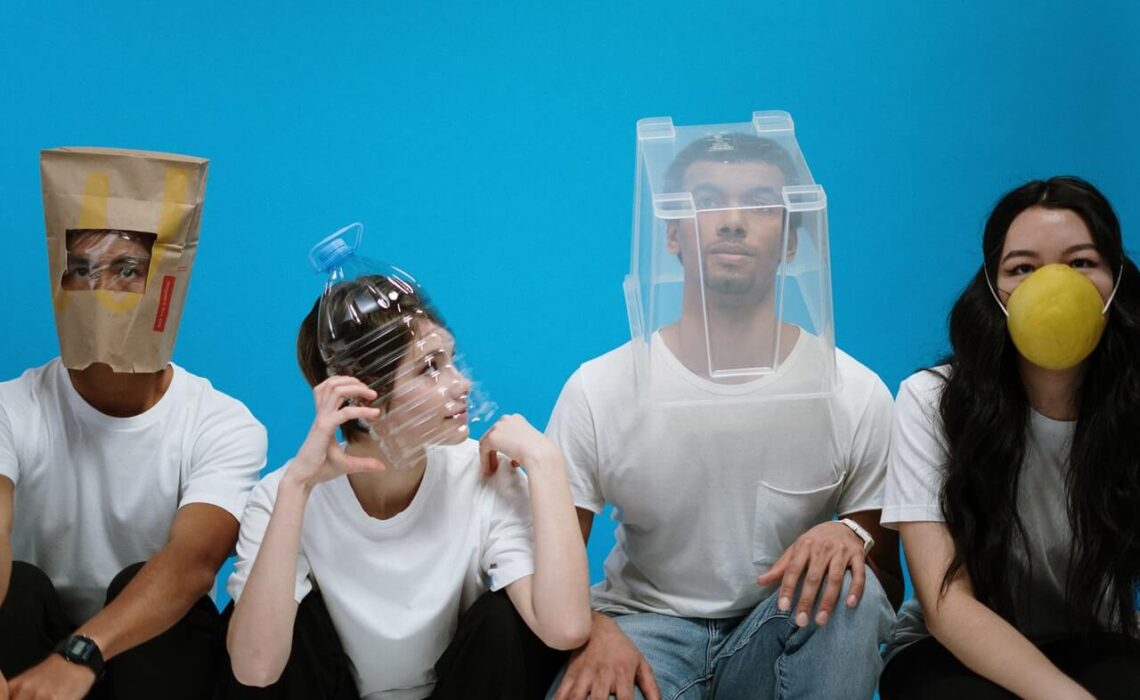Of the many changes brought about by the Covid-19 pandemic, perhaps the most jarring and profound are those relating to how we socialize and interact with each other.
The requirement to stay at home and keep our distance from each other during the pandemic fundamentally altered how we socialize, with many of these effects lingering even as Covid-related restrictions ease.
This has created a particularly unusual set of circumstances, with many of us having tore-learn how to socialize with each other.
With this in mind, the return to a pre-pandemic “normal” has not been evenly felt across the various aspects of our social and working lives. And while in certain settings life appears to have carried on as normal, in other settings, this has proved not to be the case.
To explore this, let’s take a look at some of the ways in which the pandemic has changed in-person activities and whether these changes look likely to be permanent.
Online vs in-person: what will win?
With many non-essential shops having to shut their doors during the pandemic, a dramatic surge in online shopping and other forms of e-commerce was experienced.
As restrictions started to ease, many predicted that the shift to online shopping brought about by the pandemic would prove to be a death knell for in-person shopping, with many people unable to choose between giving up convenience for a lower cost.
However, surprisingly, in certain countries, online shopping has gradually decreased in popularity as physical shops have reopened – which has takenmany in the tech industry by surprise!
We can also see a similar battle between online and in-person attendance in the context of online casinos. During the pandemic, many in-person casinos were shuttered for months on end to comply with local lockdown requirements.
As such, there was a massive rise in individuals flocking to online casinos, which helped to significantly increase their popularity over the last number of years. However, as lockdown restrictions have eased, online casinos have begun to regain their popularity. This is also true for many in-person sports betting locations, which struggled to lure customers back as online sportsbooks such as bet365 have become more popular.
Exactly who will be the ultimate winner in the battle between in-person and online, however, remains to be seen!
Embracing our creative side

Another interesting development that arose from the pandemic is that researchers have shown that these successive periods of lockdown encouraged us to embrace the creative sides of our personalities.
According to a recent academic study, thosesurveyed reported feeling more creative during lockdown than they were before – despite the restrictions to our physical autonomy that these periods of time enforced.
This study argued that by having to adapt to this new social reality, where our working and socializing patterns were disrupted, we were forced to rethink our habits, which in turn bred creativity.
For example, many of us found ourselves taking up new hobbies or rediscovering older interests. These activities include cooking, painting and drawing, writing, playing music, and a range of other creative endeavors.
The question thus arises as to whether those of us picking up these hobbies will stick with them as the world largely returns to the pre-pandemic “normal”.
We might, for example, find ourselves using this rediscovery of a creative hobby to take a class or join a group dedicated to that hobby.
Work friends a thing of the past?
One of the most immediate consequences of our collective adaptation to the Covid-19 pandemic was the mass adoption of working from home.
Although a shift to more flexible working patterns had taken hold in the preceding years – thanks to technological advances which meant we no longer had to be tethered to our physical desks – this was very much a slow and gradual process prior to the pandemic.
With the onset of the pandemic, however, this process was sped up considerably, and many of us found ourselves involved in a mass experiment in new working patterns.
Interestingly, this is one of the changes brought about by the pandemic that looks set to stay once it subsides. As such, many employers now find themselves having to offer flexible, hybrid, or fully remote working patterns in order to attract talent. It seems that many of us are reluctant to give up the benefits that working from home offers – particularly when we are faced with the prospect of having to return to lengthy commutes on overcrowded public transport.
However, while the shift towards flexible and remote working is by and large a positive development – particularly for those of us with disabilities, mobility limitations, or caring responsibilities – this development is not without consequences for how we socialize and interact with each other.
One particular outcome of this is connected to the role the physical workplace has in allowing us to develop professional and personal relationships. Workplaces and offices are often where we meet friends and partners who will stay with us throughout our lives. And in this regard, particularly early in our careers, the office plays an important role in our development as adults.
However, in a remote environment, the opportunities for socializing are much more limited – a risk that must be weighed up against the benefits of working from home.
With this in mind, many businesses are having to find new and creative ways to revive theafter-works drinks and socializing culture that is at risk due to the rise of remote working. Although it is not clear what the longer-term impact of this will be, it is already clear that this is something we need to keep in mind as we experiment with these new ways of working.
- How To Create A Safe And Comfortable Home Environment For In-Home Care In Boca Raton? - July 16, 2024
- 10 Trendy Black Nail Ideas To Elevate Your Nail Game - May 6, 2024
- Getting A Free Divorce In Virginia? Here’s What To Expect - April 24, 2024





No Comments